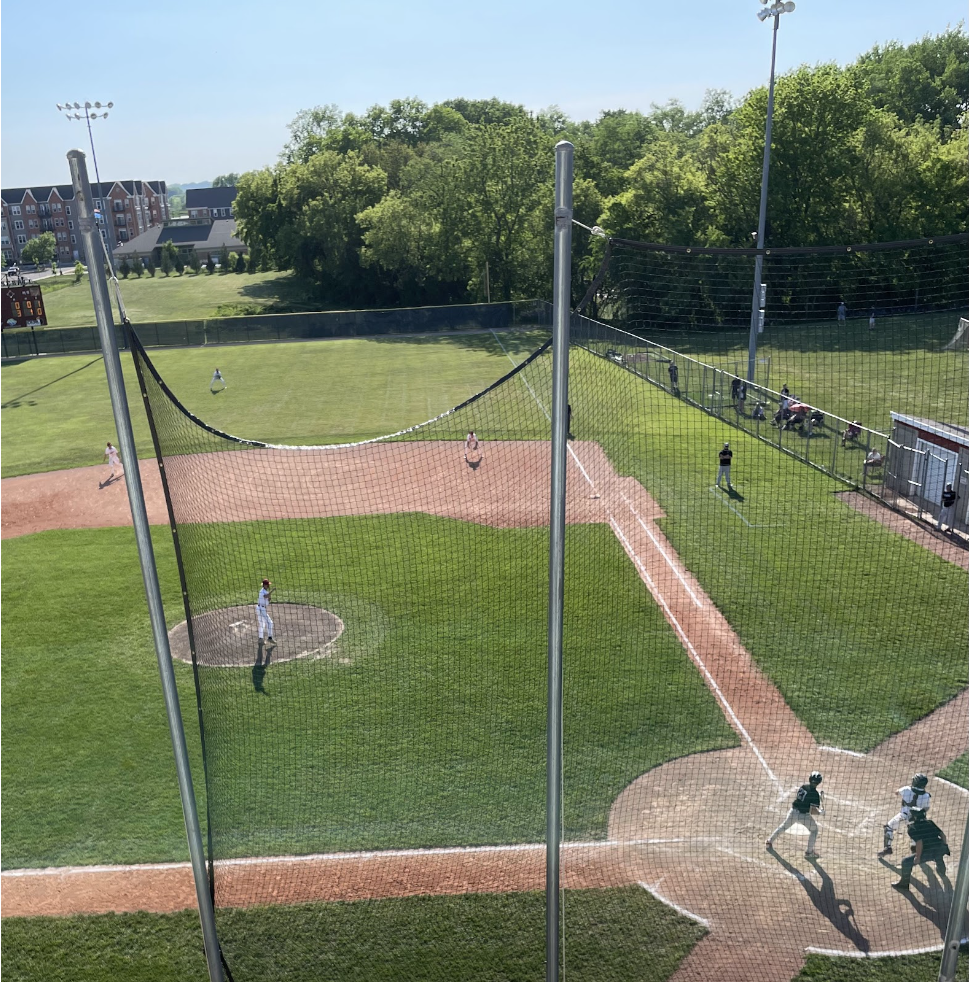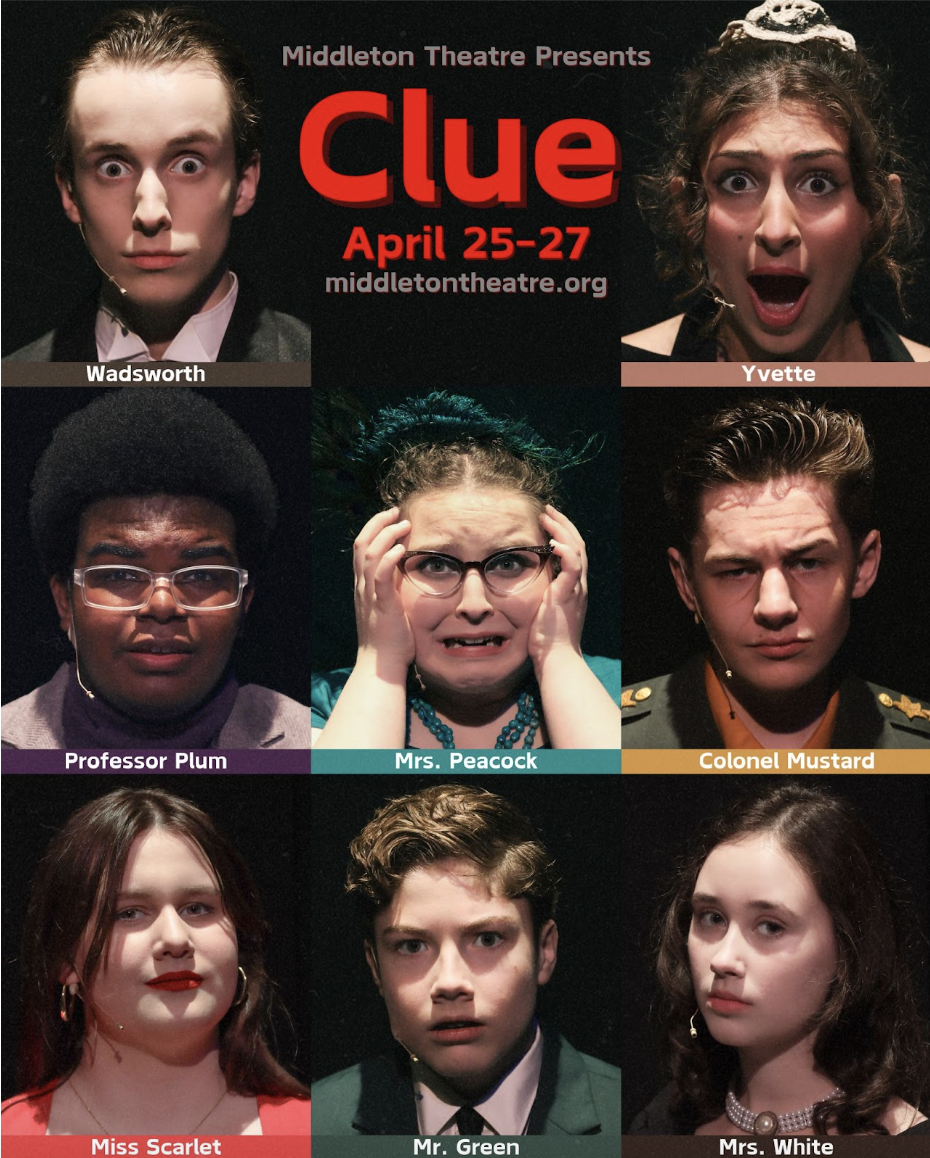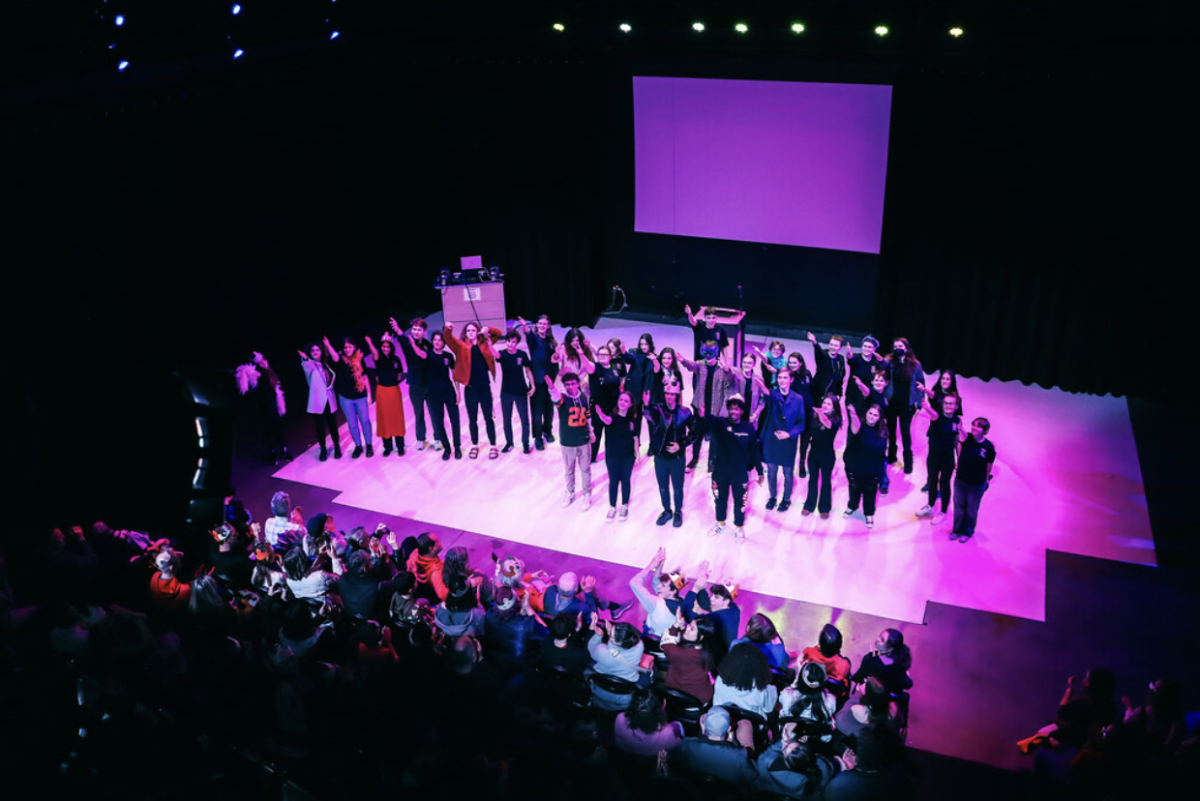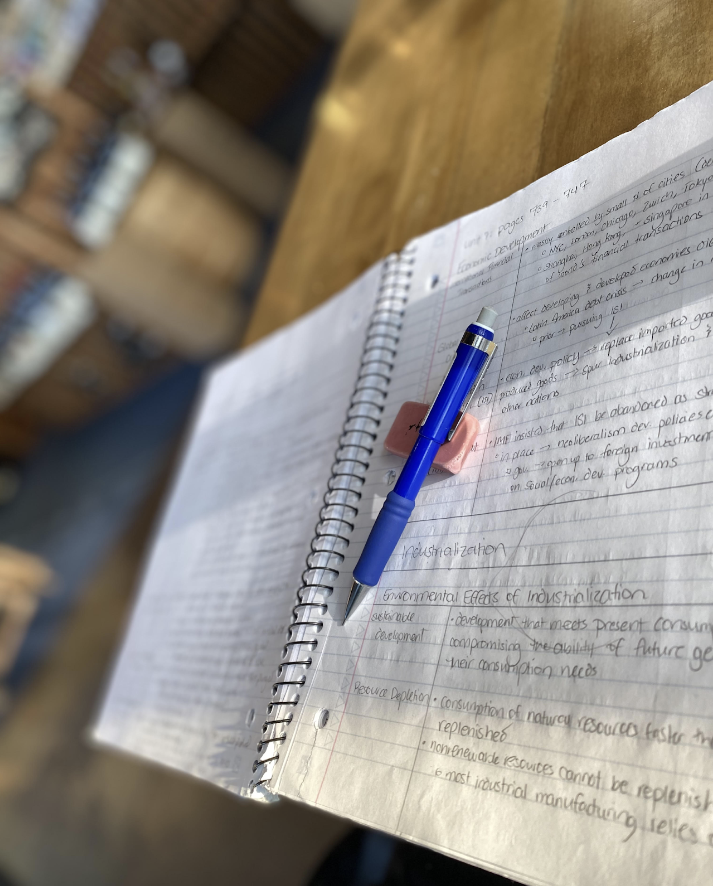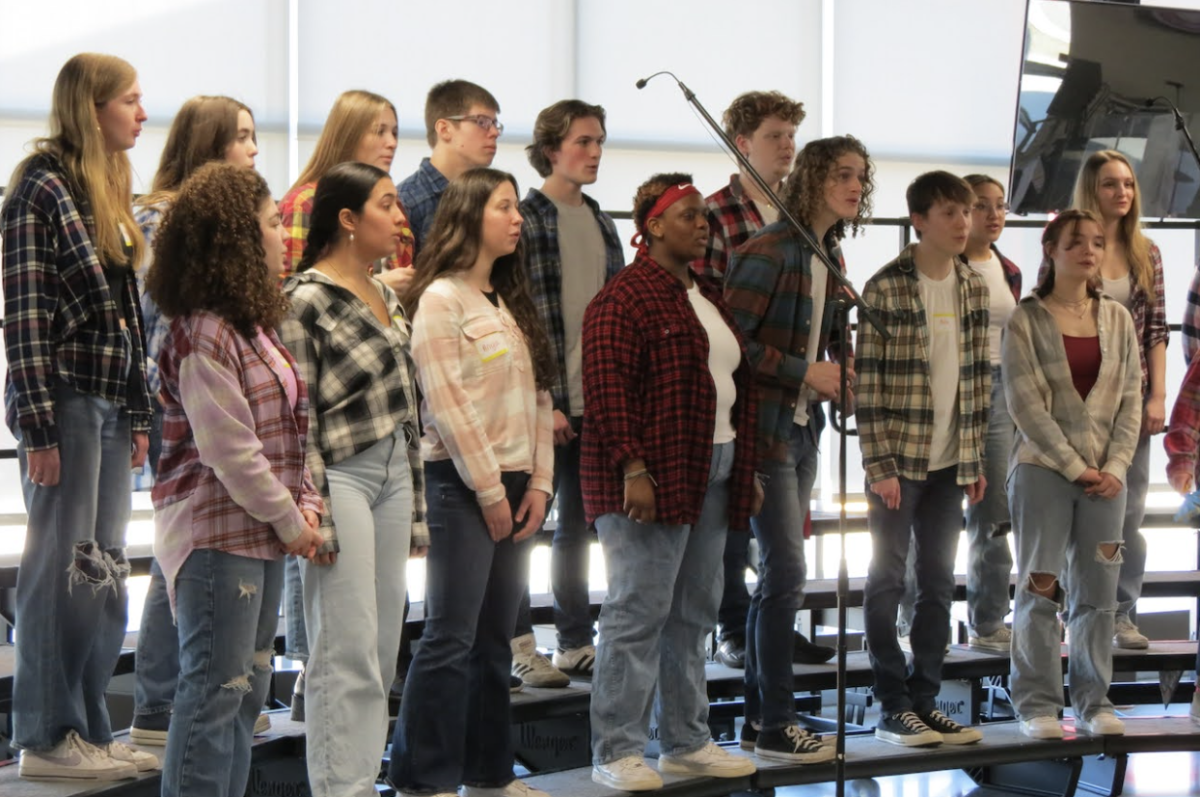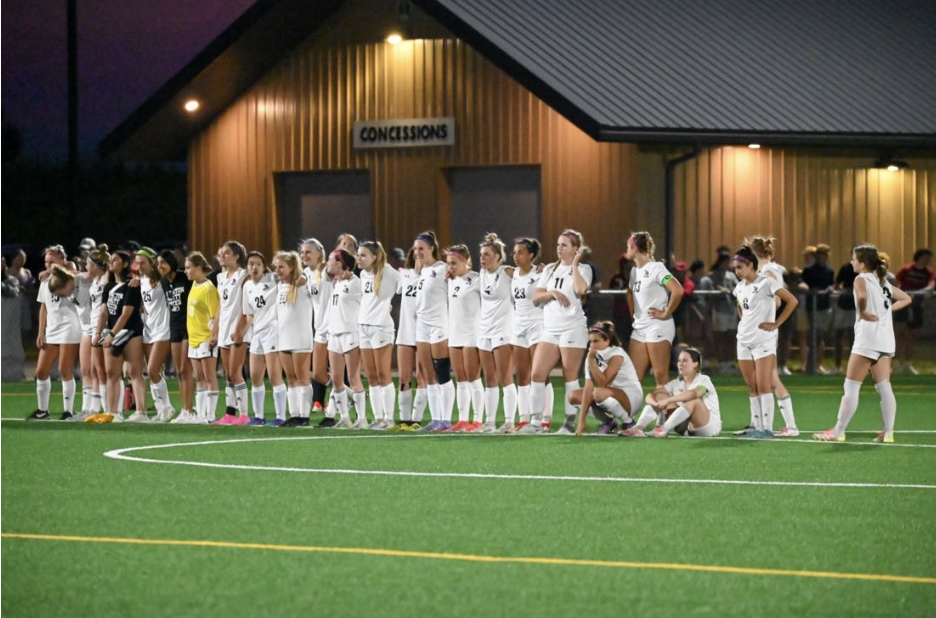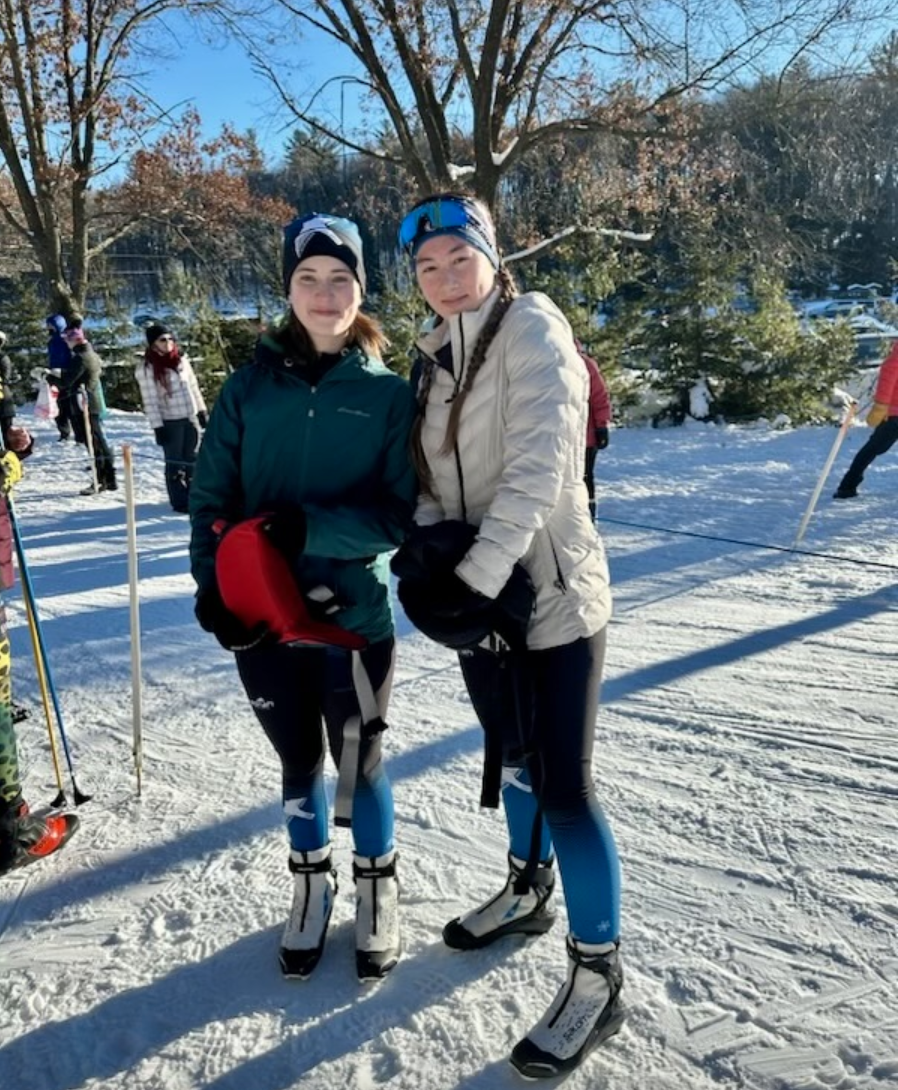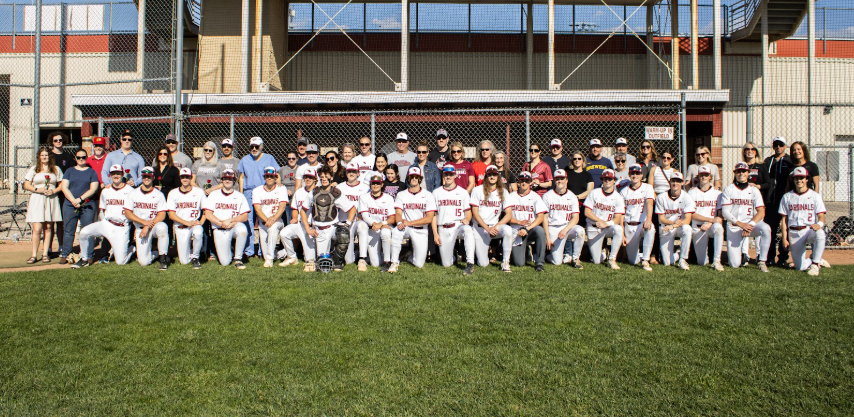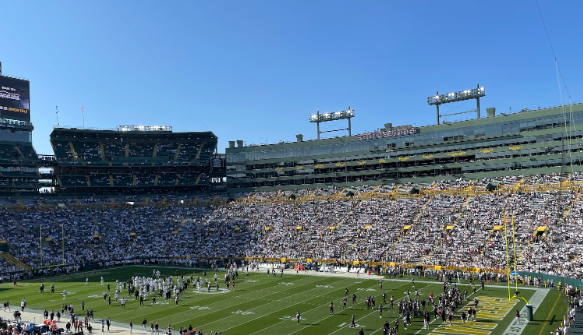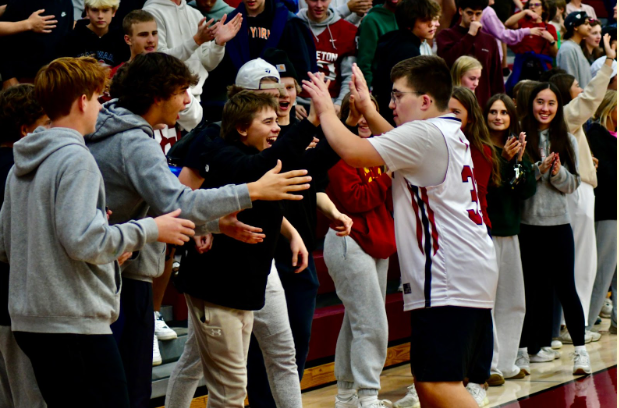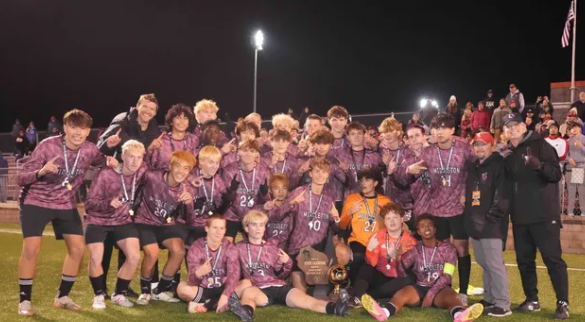The Middleton Cross-Plains Area School District (MCPASD) is looking to upgrade their outdoor athletic facilities for the 2024-2025 school year. These renovations include converting the Middleton High School (MHS) baseball field from dirt to synthetic turf.
According to Brent Jorgensen, the MHS Boys Varsity Baseball Head Coach, this switch will help solve issues with space for activities.
“We do not have a lot of space for on-campus programs, so having a full synthetic turf baseball field allows more space for practices in the fall, the spring, and it provides more space for physical education classes to participate in throughout the year,” Jorgensen said.
Having a turf field will allow cleanup to be quick and efficient. Because turf is lower maintenance, it would also benefit the groundskeepers and players who clean up the field after games and practices.
“We spend roughly 30 minutes after every practice and home game taking care of the current baseball field – it affects both our practices and our home lives quite a bit throughout each season,” Jorgensen said..
Another benefit is that turf fields are more playable and consistent. According to Jorgensen, the varsity baseball field holds about 75 events per year. This exceeds the recommended level and kills the grass faster than it can grow back. By having a synthetic turf field, Jorgensen estimates that MHS could host up to 500 different events on the baseball and softball fields.
The turf is able to absorb high amounts of water if it were to rain, whereas a dirt field does a poor job of absorbing water, and stays wet for multiple days depending on rainfall amounts.
However, a downside to switching to turf is that turf fields retain heat, especially when located in hot weather. This occurs due to the material in the turf absorbing the heat from the sun, making it very hot to the touch. Hot fields can lead to dehydration and heatstroke, especially in the summertime.
Furthermore, strong opposition towards the project is present “due to environmental concerns that some of the turf might run into the Pheasant Branch Conservancy,” Jorgensen said.
Another possible issue of switching to synthetic turf is that the Environmental Protection Agency has found that “harmful exposure to crumb rubber can occur, but it is likely limited.” Turf contains high amounts of crumb rubber, eliciting concern over its environmental impact.
Nevertheless, the proposal was approved by the MCPASD school board with a 5-4 vote. On April 23, the Middleton City Planning Commission voted 4-2 to approve the updated map to “institutional.” The City Council will now vote to approve or deny the rezoning change. If the change is approved, Middleton’s softball program will also be brought to MHS, and both softball and baseball will have multi-use turf fields. If the change is denied by the City Council, softball will still be brought to MHS, but the fields will remain as natural grass.
Jorgensen is hoping to get the proposal approved, as he said being denied would “displace any other program, sport, or activity that would like to use those spaces.” The MHS Baseball and Softball programs hope to see these new changes in the future.



